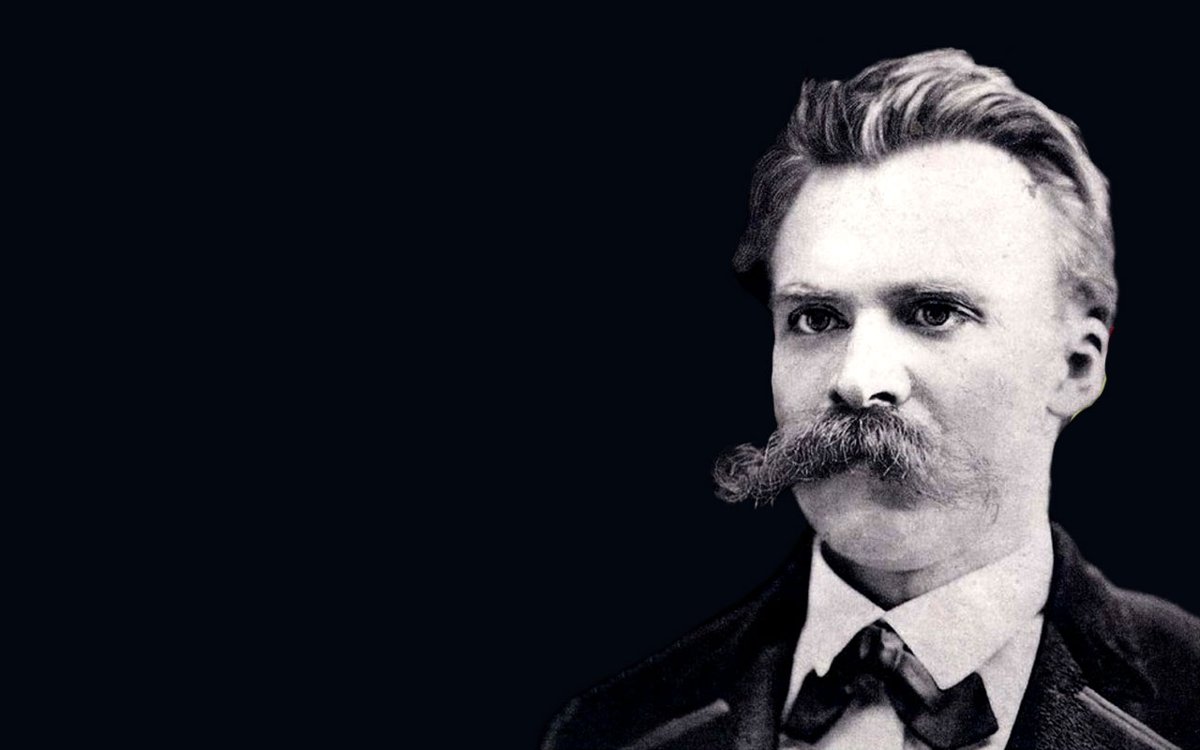I’m a bit of a movie nut. I try to see at least one movie per week. Of the dozens I saw in 2015, there were four films that graphically illustrated the prevalence of plunderers and predators and reinforced my movie habit because they were so powerful, poignant, and provocative. Since I’m posting this article on Christmas Day, I thought it would be appropriate to balance the dark views of society portrayed in these films with a brighter view of peacemakers. I’m afraid, however, you will need to swim through the swamp to get to the light. But isn’t that our reality in life?
- Amy: This movie takes a powerfully honest look at the convoluted relationship between art and celebrity as well as the lethal spiral of addiction. It also exposes the sick manipulation of family members and friends who are riding the wave of fame on the backs of their loved ones. Amy Whitehouse was a tremendously talented artist who couldn’t handle the stress of her celebrity status and didn’t seek the constant spotlight that her entourage craved. In Amy’s case, her father relentlessly pushed her to exhaustion, to drugs, and ultimately to her death. Family members can be predators too.
- The End of the Tour: This movie pays fitting tribute to a singular talent and offers poignant observations on the human condition. It documents the life of David Foster Wallace, one of my favorite authors of all time. His classic book, Infinite Jest, describes American culture more accurately and humorously than any book I have read. In this movie, a journalist manages to gain Wallace’s confidence in spite of David’s aversion to publicity and preference for privacy, but then violates the relationship by becoming increasingly intrusive and by preying on Wallace’s inner life. Sadly, at the end, Wallace can no longer find the strength to cope with his depression and commits suicide. The media can be predators too.
- 99 Homes: This movie depicts a desperate construction worker who reluctantly accepts a job with a ruthless real-estate broker who had previously evicted him and his family from their home. It exposes corrupt businessmen who seek out people who can’t make their mortgage payments, foreclose on their houses, force them out of their dwellings, buy the property at ridiculously reduced prices, and then flip them for obscene profits. It’s an ugly picture of individual and corporate greed at its worst. Corporations can be predators too.
- Spotlight: In 2001, the Boston Globe assigned a team of journalists to investigate allegations against a Boston Catholic priest accused of molesting young boys. This movie exposes the collusion of multiple groups (the press, the university, the legal profession, businesses, etc.) who were so committed to defending the good name of the church (and their connections to it) that they not only refused to cooperate in the investigation but also actively sought to undermine it and discredit the people who were conducting it. As it turns out, 271 priests were accused of sexually abusing children in Boston. Tragically, that number is consistent with the estimate that 6 – 10% of priests are child molesters. It’s a tough choice to decide what’s more evil – the individual priests committing these heinous offenses or the church and community officials who not only cover up the acts, but also assign the guilty priests to different communities where they can continue to engage in their perverted practices. Religious leaders can be predators too.
Unfortunately, my movie addiction isn’t the only path I take for developing my dismal view of humankind. I also read lots of books and start out each day reading the New York Times for an hour. If that isn’t a formula for depression, I don’t know what is. Immersing myself in bad news, however, tends to put in sharp relief some of the worst behaviors of our brothers and sisters on this planet. To me, human trafficking stands out as the most egregious predatory behavior that currently plaques our society.
A $32 billion annual industry, modern day trafficking is a type of slavery that involves the transport or trade of people for the purpose of work. According to the U.N., about 2.5 million people around the world are ensnared in the web of human trafficking at any given time.
Human trafficking impacts people of all backgrounds, and people are trafficked for a variety of purposes. Men are often trafficked into hard labor jobs. Children are trafficked into labor positions in textile, agriculture and fishing industries. Women and girls are typically trafficked into the commercial sex industry, i.e. prostitution or other forms of sexual exploitation.
Human trafficking is a particularly cruel type of predatory behavior because it removes the victims from all that is familiar to them, rendering them completely isolated and alone, often unable to speak the language of their captors or fellow victims.
Many of the poorest and most unstable countries have the highest incidences of human trafficking, and extreme poverty is a common bond among trafficking victims. Where economic alternatives do not exist, women and girls are more vulnerable to being tricked and coerced into sexual servitude. Increased unemployment and the loss of job security have undermined women’s incomes and economic position leaving them more vulnerable to sexual predators.
Now that I’ve sucked you down into the muck of human misery, let me push your head under with a quick comment on plundering behavior. Enough of the predators. Let’s move on to the plunderers. Nietzsche clearly distinguishes a plunderer:
“The worst readers are those who behave like plundering troops: they take away a few things they can use, dirty and confound the remainder, and revile the whole.”
I guess even readers can be plunderers.

To plunder means to take by pillage, to appropriate forcibly without right, to spoil, to sack, to strip, or to rob. There’s probably a fine line between plundering and predatory behaviors, but the primary distinction has to do with the act of taking something by excessive force with no rights to it. This behavior is not a recent phenomenon—Nebuchadnezzar is known in history for plundering the temple of God.
ISIS, of course, is the most recent example of perverse plundering. One of its most despicable acts was to loot and raze the ancient Assyrian capital of Khorsabad, a 2,700 year old city, located northeast of Mosul. It is just one of many examples of a spate of ISIS attacks on cultural heritage sites across Iraq and Syria. To ISIS, these artifacts are nothing more than stones forged to honor false gods. It appears that one striking characteristic of plunderers is the eradication of any elements of a culture that don’t conform to their values and beliefs.
If you have managed to wade through the wreckage wrought by the predators and plunderers of human history, you may be ready for a more refreshing glimpse of how peacemakers have tried to construct more harmonious and interdependent cultures. A few uplifting movies I’ve seen lately do a good job of that: Truth, Brooklyn, and Who to Invade Next all left me feeling better when I exited the movie theater than when I entered it.
In transition, therefore, let me quote one of my favorite authors, Victor Frankl, an Austrian neurologist and psychiatrist as well as a Holocaust survivor. His best-selling book, Man’s Search for Meaning, documents his experiences as a concentration camp inmate, which led him to discover the importance of finding meaning in all forms of existence, even the most brutal ones. My favorite Frankl quote is: “the key to life is to always see possibilities against the backdrop of reality.”
Seeing the possibilities for peacemaking against the backdrop of brutal predation and plundering is the purpose of this post. My apologies for dragging you through some of the realities of our human history and cultural context, but I don’t think its possible to fully appreciate the power of peacemaking without casting it against the background of current reality.
To begin, let me present a scale to represent the full range of cultural possibilities uniquely available to us as humans:
- 5.0: Demand justice for all (The Cultural Peacemaker)
- 4.0: Constructively help all those you can (The Organizational Peacemaker)
- 3.0: Give generously to worthy causes (The Individual Peacemaker)
- 2.0: Selfishly get whatever you can (The Predator)
- 1.0: Unabashedly take by force whatever you want (The Plunderer)
We are seeing an unprecedented shift in philanthropy from people who have amassed vast fortunes, e.g. Bill Gates, Warren Buffett, Mark Zuckerberg. Many people who have become extraordinarily wealthy are giving generously to promote health, education, and general welfare as well as to protect the environment. While these efforts are laudatory, they don’t usually go so far as to demand justice for all.
The Black Lives Matter movement is a legitimate response to the plundering and predatory practices African Americans have had to suffer and continue to suffer in this culture. The movement is a plea for more civil rights and equal protection under the law. While this banner is perfectly appropriate and resonates well with reasonable people, it will be truly effective when there are robust responses to its demands for justice. Quite simply: no justice, no peace.
Peacemaking requires a demand for justice. Peacemaking means looking for opportunities to be truly helpful to everyone with whom you have contact – even if that means doing absurdly simple favors or engaging in random acts of kindness.
Since this is Christmas Day, let’s use Jesus as our role model. He wasn’t a plunderer like some religions that were formed in his name. He wasn’t a predator like many religious leaders who claim him as their savior. Above all, Jesus demanded justice. That’s why he was the ultimate peacemaker. What he did wasn’t easy, and he lost his life for his boldness and bravery. During Christmas we should be celebrating Jesus as Ultimate Peacemaker. Not getting what we want. Not even generously giving gifts. Not even rejoicing in the belief we have been saved. I don’t remember Jesus bringing packages with bows on them, but he did treat others humanely and with great humility. He helped, he healed, he gave generously of his time and talent, and he demanded justice. He demonstrated the possibilities for moving up the scale. Merry Christmas. May you be at peace and be a peacemaker.
Also published on Medium.




[…] Nietzsche (1844-1900) called for the revaluation of all values. He says, “Tell me: how did gold get to be the highest value? Because it is uncommon and useless and gleaming in its brilliance.” […]